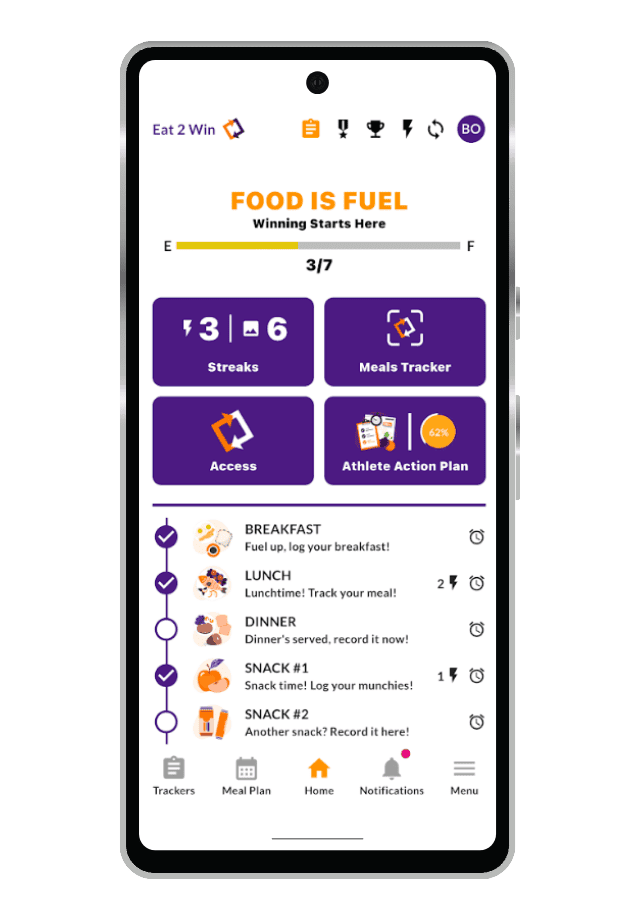Next Level Podcast with Host Tavis Piattoly, MS, RD, LD
- Nutrition_During_Workouts00:00

Tavis Piattoly, MS, RD, LDN
Host and Presenter
Sports Dietitian
Co-founder of My Sports Dietitian
Listen to this podcast with host Tavis Piattoly, as he dives into the research behind intraworkout nutrition. Learn firsthand from a sports dietitian how to fuel your body the right way through a workout.
Podcast Notes
5) Should you consume a liquid or solid food prior or during a workout?
Podcast Transcript
0:13 Welcome by Tavis Piattoly
- What can athletes do from a nutritional standpoint during a workout to get through a workout?
- How to prepare so that athletes are eating at the right time.
- Talk about keys for a successful workout to maintain blood sugar and avoid mental and physical fatigue.
1:25 Pre-workout meal
- Early morning workouts
- Eat beforehand
- Intense exercise requires some fuel in the morning. Muscles are in a catabolic state and need to be fired up to run well.
- Light exercise can be done in a fasted state.
- What to eat?
- Athletes should consume half of their needed breakfast calories. Depending on the window of time before the workout, athletes may consume more or less calories.
- If the athlete starts a workout within an hour of rising in the morning, I suggest a liquid caloric meal including good protein, carbohydrate and a little healthy fat.
- Liquid: shakes with 20-30g of whey protein powder, oats, blueberries, flaxseed and medium chain triglyceride oils to boost metabolic rate.
- Solid: 1-2 tablespoons of peanut butter on a slice of whole wheat bread with a glass of almond milk.
- Almonds with fresh fruit.
- Pre-workout fuel should include:
- Good quality stable carbohydrate that is low in sugar.
- Carbohydrate + protein + fat stabilizes blood sugar.
- Include 2-3g fiber (i.e. slice of whole wheat bread).
- Don’t eat fruit alone.
- Nothing greasy or fatty.
- These foods are slow to digest, make you feel sluggish and could cause stomach distress.
8:35 Do you need to consume calories during a long intense workout?
- Yes!
- About 1 hour into the workout, start sipping on a good combination of carbohydrates and protein. Some athletes prefer solid nutrition instead of liquid.
- Replaces what our bodies are burning.
- Minimizes the amount of muscle tissue the body is utilizing in the workout.
- Keep the gas tank half full.
- Some athletes do not feel well consuming nutrition during the workout. That’s okay, as long as they are getting enough calories before and immediately after the workout so they don’t sacrifice tissue.
10:20 Mid-morning workout sessions
- Get a good regular breakfast in about 1.5-2 hours beforehand.
- Solid or liquid: eat what works for you.
- About an hour into the workout, start consuming nutrition either in solid or liquid form.
- To minimize muscle recovery time, consume carbohydrate and protein in a 3:1 ratio within 60 minutes post-workout.
- Post-workout 20-30g of protein is ideal to help with muscle protein synthesis.
12:58 Late session workout (5-7pm)
- Eat 3-4 times throughout the day before the workout.
- Snack between 3-4pm.
- Around 6pm, start sipping on something.
- Helps stave excessive hunger later.
- Refills the gas tank.
- Physical performance is good.
- Protein will minimize the body's ability to burn protein and muscle during the workout, so we’re not extremely catabolic, and speeds the recovery process later in the day.
- Eat dinner afterwards and a snack before bed.
14:35 What beverages have a good carbohydrate to protein ratio?
- Accelerade, Endurox, Surge Recovery are a few that I have used with athletes.
- Whey protein has a good amino acid profile.
- Look for drinks with Leucine, branched chain amino acids and glutamine.
- Leucine is a key amino acid that helps post workout anabolism. It increases muscle protein synthesis or the rebuilding of tissue after it is broken down. I suggest 3-8g post workout, but 5g is sufficient.
17:02 Summary
- Figure out what works for you.
- Liquid or solid nutrition, both are fine.
- Pack convenient food: PBJ, bars, fruit, nuts, etc.
- Have a plan!
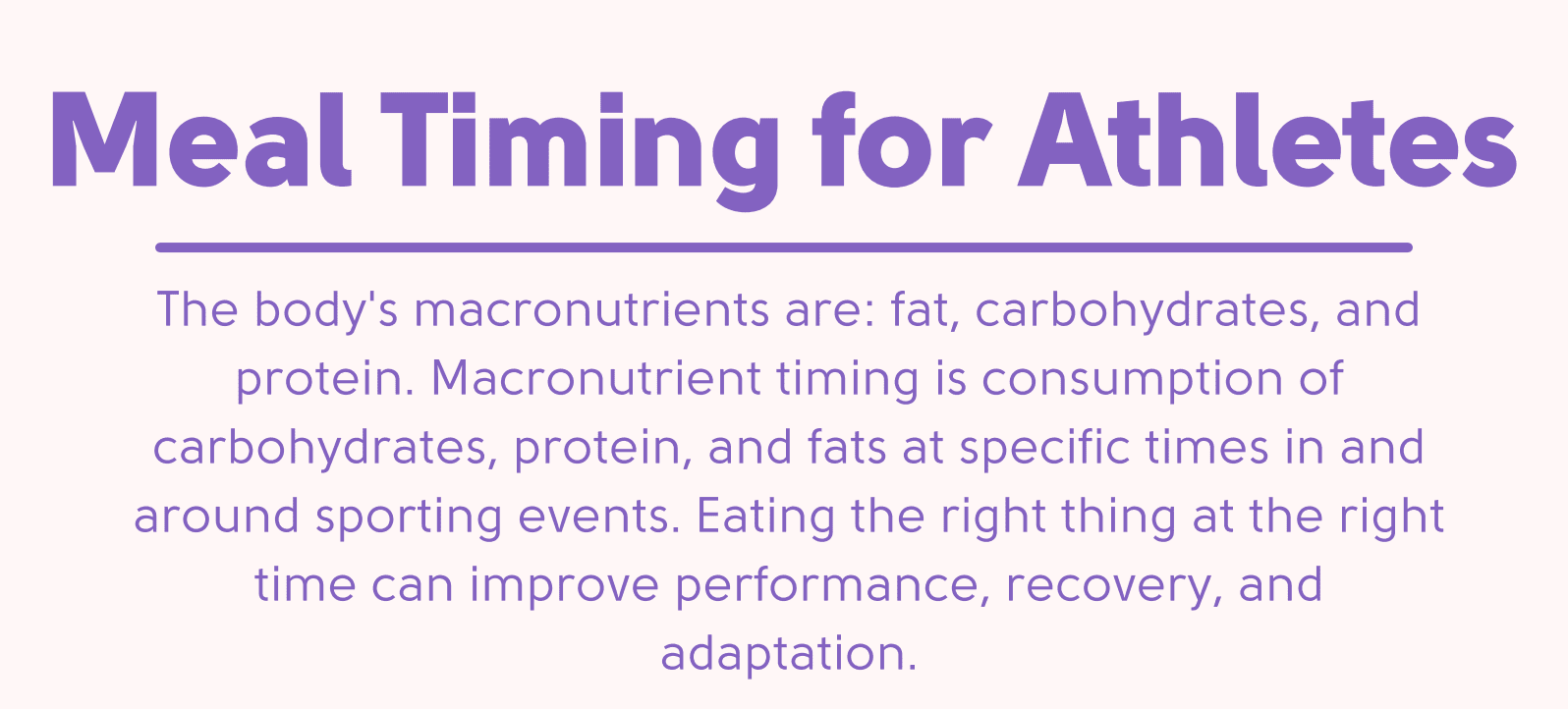
Eat 2 Win Nutrition App
Fuel the Champion Within
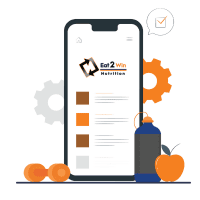
Trackers
Stay on target with cutting-edge trackers that monitor every step of your journey, ensuring you never miss a beat.
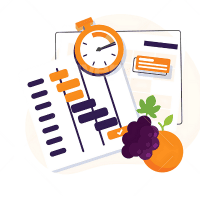
Meal Plan Guides
Simplify your nutrition with easy-to-follow, personalized meal plans that fuel your performance.

Gamification
Stay motivated and engaged by earning rewards and climbing leaderboards as you hit your fitness and nutrition goals.

Access a Sports Dietitian
Get expert guidance and personalized support from a certified Sports Dietitian whenever you need it.
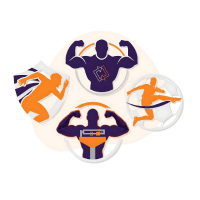
Personalized Programs
Unlock your full potential with personalized programs meticulously crafted to match your unique lifestyle and fitness aspirations.

